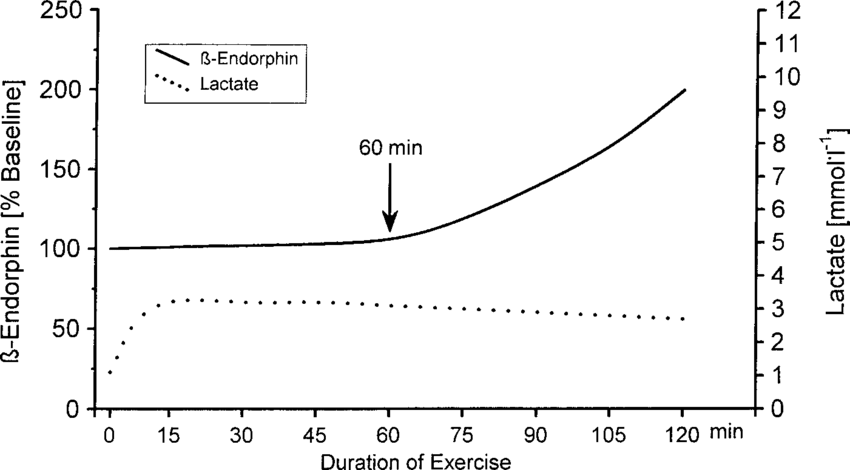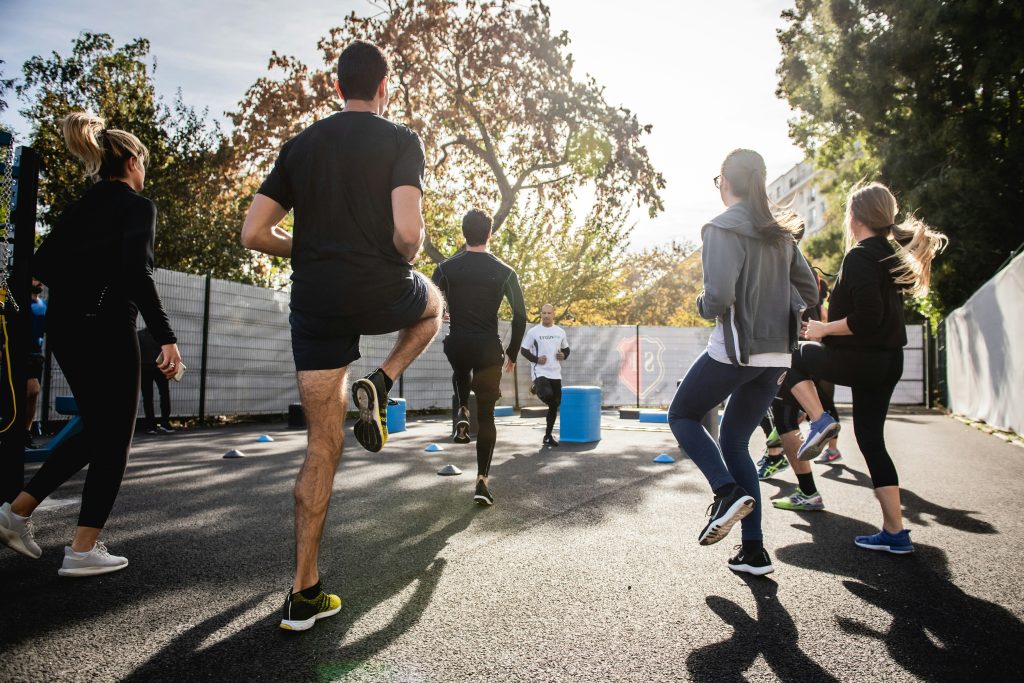The correlation between group fitness and mental health is a symphony of psychological and physiological benefits playing out in unison. As we delve deeper into understanding the human mind and body, the profound impact of social exercise on our mental well-being comes into sharper focus.
When we think of group fitness, images of synchronized movements in a high-energy class or the shared struggle and triumph in a boot camp setting may come to mind. But the essence of group fitness transcends physical activity; it’s a communal experience that nurtures our mental and emotional health.
The power of group fitness begins with the basic human need for connection. Loneliness and isolation can be as damaging to health as smoking 15 cigarettes a day. In contrast, group fitness creates a sense of belonging. When we sweat together, there’s a collective energy that can uplift each participant. It’s not just about losing calories; it’s about gaining companionship and support.
This camaraderie is more than just a pleasant by-product of group exercise. It’s a catalyst for releasing endorphins, the body’s natural mood lifters. The “runner’s high” is not exclusive to running; it can be experienced during any group workout. These biochemical surges can lead to reductions in stress levels, anxiety, and depression, contributing to a happier, more balanced mental state.

Moreover, group fitness offers structure and routine, two elements that are particularly beneficial for mental health. Regularly scheduled classes provide anchors in our day, which can help to mitigate the chaos of life. This predictability is comforting to the mind, offering a respite from the unpredictability that often fuels anxiety.
The accountability factor in group fitness also plays a significant role. Knowing that others expect your presence can motivate you to show up, even when your mental health is wavering. This external motivation can be crucial on days when depression or anxiety makes it difficult to get out of bed. And once the workout is complete, the sense of accomplishment is a powerful antidote to feelings of worthlessness or defeat that often accompany mental health struggles.
Additionally, group fitness can be a safe space for emotional expression. Physical activity can serve as an outlet for frustrations and stress, allowing for emotional release in a supportive environment. The shared experience of pushing through a challenging workout can also foster emotional resilience, teaching us that we can endure and overcome difficult moments.
The mental health benefits of group fitness extend beyond the workout itself. Many classes encourage mindfulness and deep breathing, which can help to calm the mind and reduce symptoms of anxiety. Yoga and Pilates, for instance, emphasize the mind-body connection, promoting mental clarity and a sense of inner peace.
The diversity of group fitness also means there’s something for everyone, regardless of their fitness level or mental health status. Whether it’s the gentle flow of a yoga class, the cathartic punch of a boxing session, or the joyful dance in a Zumba class, group fitness can cater to individual needs while providing the universal benefits of community and support.
The inclusivity of group fitness is another mental health boon. Modern group fitness has evolved to welcome all body types, ages, and abilities. This acceptance can boost self-esteem and body image, countering the negative self-talk and societal pressures that can lead to poor mental health.
In conclusion, the relationship between group fitness and mental health is multifaceted and profound. The physical exertion of group exercise releases endorphins, while the social aspect provides emotional support and a sense of community. The structure and accountability of group fitness can offer stability and motivation, and the variety of classes available ensures that everyone can find a fit for their needs.



